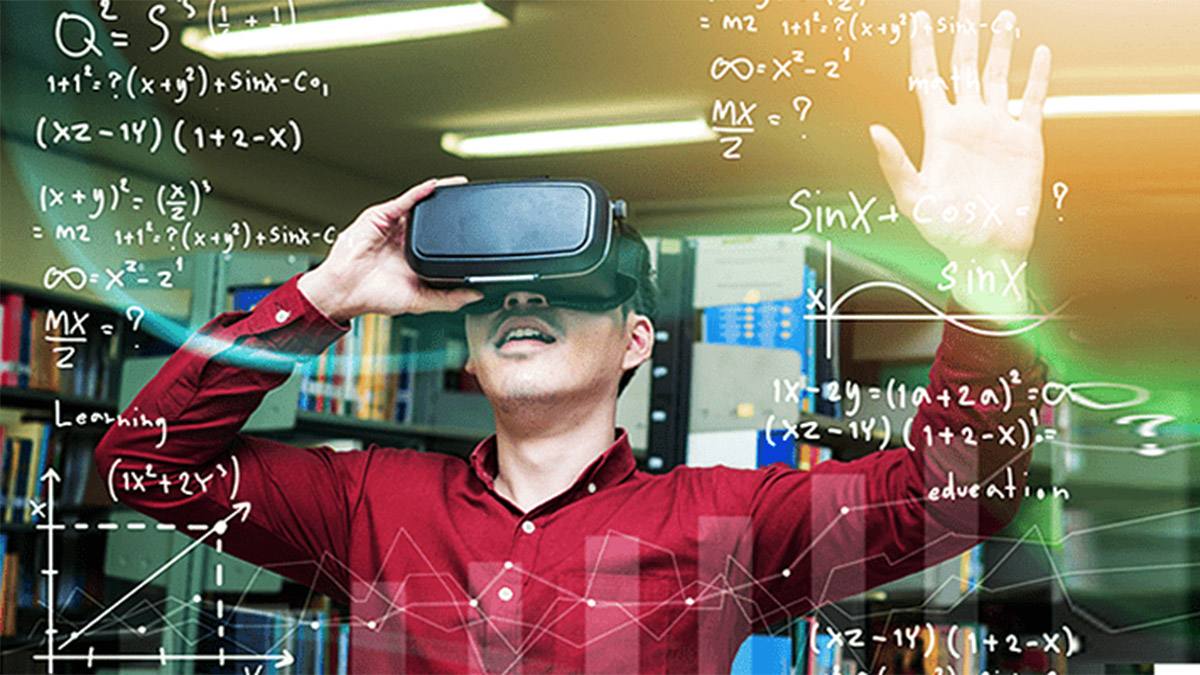EDTECH: TRENDING SIX IN SCHOOL TRANSFORMATION

COVID 19, despite its devastation, globally has taught ed-tech companies lessons for life. The most compelling learning among educators & EdTech companies that embraced technology to transform learning is that it is not about technology but about the students and how their lives will be affected, long after the pandemic takes a back seat.
The top 6, as zamit sees them would be:
1. GLOBAL LEARNING: Though the word global learning has been heard in progressive schools and curriculum the importance has just struck home. The maturity that educators across the globe will adopt it and understand the value of learning in the global context will be the game-changer. As students across the globe increasingly collaborate to address worldwide challenges of food scarcity, climate change, the refugee crisis, pandemics, child labor, and many others now and going forward
2. PROFESSIONAL LEARNING: Professional Development is now considered yesterday as professional learning becomes the new “mantra”. Professional Learning must be differentiated, personalized and workplace friendly for busy educators. The focus will be on providing ongoing opportunities for growth using practical, active methods. There will also be a growing need for learning from instructional technology coaches to guide teachers integrate technology in the classroom
3. LEARNING SCIENCES: Learning sciences speak to the heart of education, how to best assist students to learn. Using learnings of neuroscience, cognitive & developmental psychology, sociology and computer sciences innovative teaching learning pedagogies will emerge that will focus on updating pre existing knowledge of learning sciences and help students understand how they learn best, using individual active intelligences
4. LEARNER PROFILING: To make learning effective it will become increasingly important to provide a Student Standards framework which empowers students with their learning. A shift from quantitative to qualitative assessments will give students a roadmap to work with themselves and become knowledge constructors, innovative designers, computational thinkers, creative communicators & global collaborators. Students and teachers are making this paradigm shift and embracing their new roles, moving from adoption of judgemental learner profiles to successful self-evaluation and implementation of self-driven change
5. COMPUTATIONAL THINKING: This no longer remains a concept discussed in computer science or coding classes. It is today a cross-disciplinary skill and is just as relevant in language, art, science or math. Teachers will need to improve upon their skills of incorporating Computational thinking components like decomposition, generalizing, algorithmic thinking, evaluation and abstraction in all subjects. This will move students to solve problems with reasoning, creativity and expression and provide a new way of demonstrating content knowledge
6. DIGITAL CITIZENSHIP: this is being redefined to make it relevant & positive. The focus is moving away from warning citizens of online risks & curtailing online activities towards helping them to leverage the power of digital media to work and bring about creation, social justice & equity. The redefined digital citizenship curricula show students possibilities over problems, opportunity over risk & community success over personal gain
With so many possibilities the transition in school learning has begun. The time is here where educators that learn, unlearn & relearn will be the ones that pioneer the new era of EdTech and school learning
Authored by-
Aarul Malaviya (Founder of MASH Virtual & zamit)


